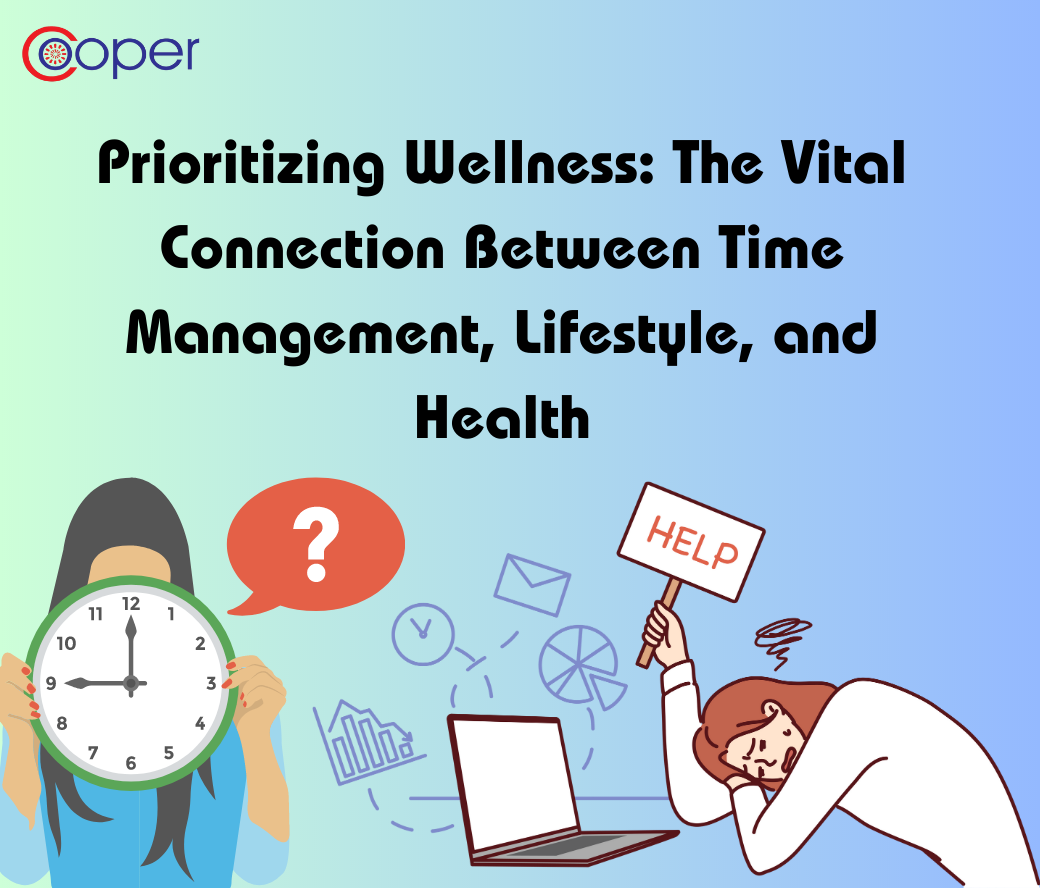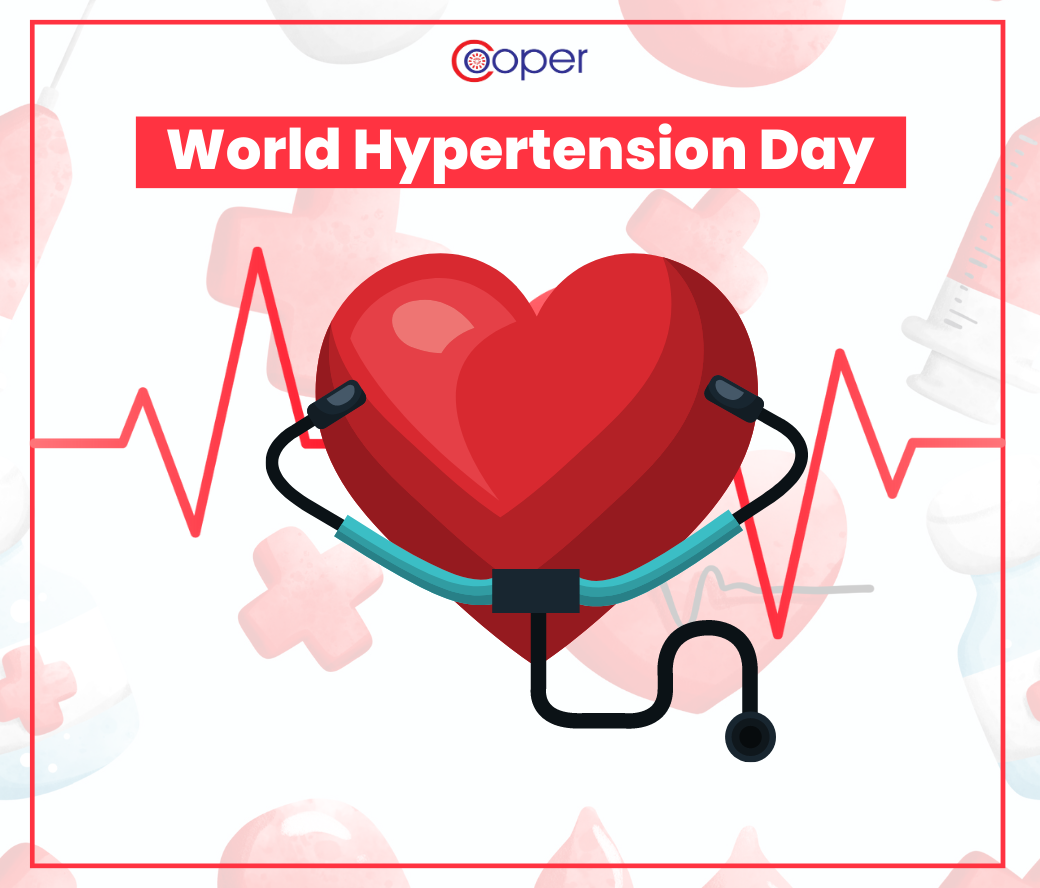Balancing The Ethical And Commercial Pressures Of Community Pharmacy
Recent Blog

Balancing The Ethical And Commercial Pressures Of Community Pharmacy
Date:- 2018-03-22 00:00:00
Community pharmacies can visit medical and medical as well as healthcare clinics. The role played by community pharmacy is the part of the retail business at the high level that has a lot of legal and ethical responsibility as a community pharmacy. Ethics and performance making patients By using professional judgment, the interests of patients and the public promotions of honesty and being trustworthy.
Community Pharmacy is a business but community pharmacists are healthcare professionals. Community pharmacists are in the business of selling medicines but they also have ethical and legal responsibilities to their patients.
Pharmacists play a key role in communicating medical information to patients. A successful pharmacist delivers clinical obligations to patients and public relating to healthcare adviser that will also be used to make money. Both ethical and commercial responsibilities are for pharmacists and they used to face pressures as well.
How do pharmacists balance their responsibility in terms of ethical and commercial pressures in the community pharmacy?
You can be good at both at the same time or not If you are providing a good service and are commercially minded then you need both the needs to satisfy: the patient feels like they are good service and you make money. Professional values ​​of transmission are inhibits lack of proximity between pharmacist and patient that may impede ethical relationships and result in a less ethical concern. If a patient's needs cannot meet, directing them another pharmacy increases patient trust placing the patient's needs first encourages patient loyalty and increases the likelihood of having your expertise in the future.
Economic, social, and technological changes in pharmacy practice often force community pharmacists to choose between their professional obligations to counsel patients and business objectives Counseling plays an important role in establishing and maintaining trust among pharmacists and patients. A pharmacist maintains the good way relationship with patients. A pharmacist delivers the caring and confidential manner This commitment to the dignity and welfare of patients can be compromised when pharmacists allow business objectives to influence and control their conduct.
In an earlier period, pharmacists were freer to take time to counsel patients. Most pharmacies were owned and operated by local pharmacists and business people. In this setting, pharmacists developed close relatives with their patients, and they could take the time to talk about their patients Pharmacists were better able to treat their patients with dignity and the role of patient advocate. Although community pharmacy was a private enterprise, business objectives did not pose a dire threat to patient counseling since patient counseling played a vital role in customer satisfaction and profitability. Pharmacies that did not offer high-quality patient counseling would lose customers
Now the community pharmacy has changed into a great deal in the last three decades as the local pharmacy chains, mail order pharmacies, drive-through pharmacies, and pharmacies aligned with discount stores and supermarkets. . In this transition, there is a great danger that high quality patient counseling will soon become extinct. For those who value the "bottom line," patient counseling is often considered as a waste of time and energy. One way to make money in community pharmacy is to offer less expensive prescriptions and various strategies or services to gain customers. When pharmacies are roughly the same amount for wholesale medicines, management often attempts to reduce costs by saving on marketing and human resources expenses. The extreme example of this trend is the mail order, which eliminates many overhead and labor costs while offering virtually no face-to-face patient counseling. Pharmacists are encouraged by the high number of services provided or set criteria that leads to an increased pay-out making the business advantage. It also improves the quality of patient care.



















.png)


